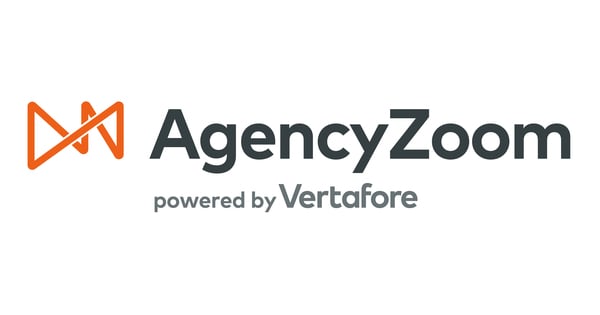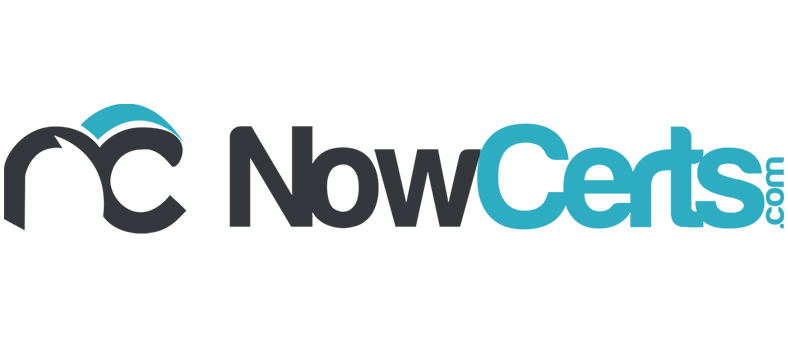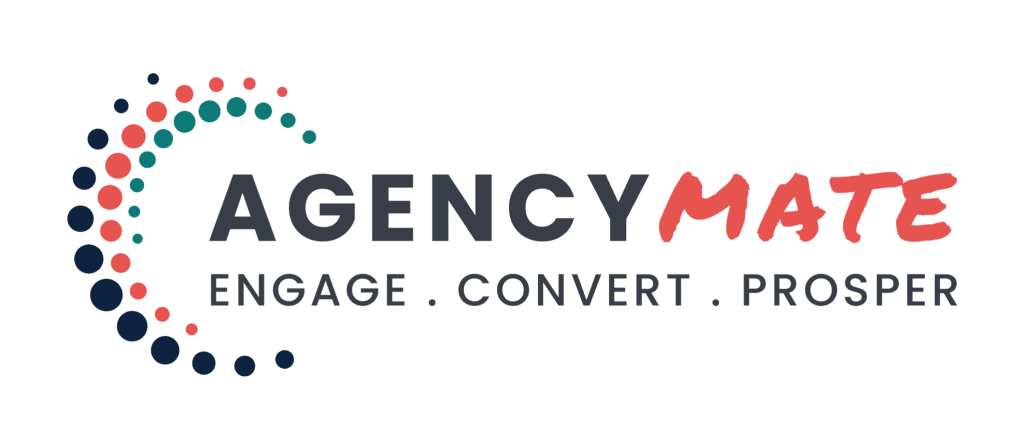Stop Guessing. Start Winning.
The #1 Source for Real-Time Carrier Data Leads
Stop chasing outdated leads. Carrier IQ delivers accurate, real-time policy and carrier insights, helping you connect with the right customers, close more deals, and grow your book of business—fast.

Built for Insurance Agencies. Designed for Growth.
More Leads. Faster Quotes.
Carrier IQ delivers real-time carrier and policyholder data so you can find expiring policies, secure high-quality leads, and close more deals faster. No wasted time—just the right insights to grow your agency.
Policy Renewals
Policy Renewals
Carrier IQ’s Policy Renewals shows you exactly when coverage is set to expire, so you can prioritize high-intent prospects, reach out early, and quote before your competitors even know there’s an opportunity.
Learn More »
New Ventures
New Ventures
Optimize prospecting with advanced filtering tools, connecting insurance agencies and industry professionals to ideal new business opportunities.
Learn More »
Mid-Term Cancellations
Mid-Term Cancellations
Carrier IQ shows you these coverage gaps in real time—so you can step in with a solution before carriers fall out of compliance or your competitors catch on.
Learn More »
Quote Applications
Quote Applications
Auto-populate underwriting applications with real-time carrier data.
Learn More »
Compliance and Safety
Compliance and Safety
Get comprehensive safety reports on motor carriers, including inspections, crash data, and enforcement actions to support insurance operations.
Learn More »
Motor Carriers
Motor Carriers
Access real-time FMCSA data on over 2 million motor carriers. Instantly view authority status, fleet size, inspections, violations, and crash history—all in one place.
Learn More »
See it in Action
Turn Insights into Revenue
Carrier IQ does the work for you—real-time updates, industry-leading lead generation, and an easy-to-use platform that helps you save time and increase sales.

Carrier IQ features:
✓ Advanced searches on motor carriers, policy renewals, new venture leads, cancellations, companies, and safety reports.
✓ An abundance of filters to narrow down your search.
✓ Save filters so that you can easily apply them again in the future.
✓ Detailed company safety reports.
Work Smarter. Win More.
Do More With Carrier IQ
Carrier IQ simplifies carrier data with real-time updates, an intuitive platform, and targeted insights—so you can find the right leads, quote faster, and grow your agency with confidence.
Streamline Operations
Eliminate guesswork so you can cut manual work, reduce wasted effort, and focus on closing more deals.
Enhance Profitability
Win more business, reduce inefficiencies, and maximize revenue with real-time carrier insights.
Competitive Edge
Outpace competitors, target the right prospects, close deals faster, and grow your agency with confidence.

"I've used Carrier Leads for over a year and couldn't be happier. It’s helped me connect with more customers and grow my business. The platform is easy to navigate, offers up-to-date industry insights, and their customer service is top-notch. Highly recommend for businesses looking to expand and boost sales!"
"Our insurance agency struggled to find quality leads—until we tried Carrier IQ. It delivers high-quality leads fast, along with insights that help us target the right audiences while saving time and money. We've closed more deals and grown our business significantly. If you want to increase efficiency and generate motor carrier leads, Carrier IQ is a must-try!"
"As an insurance agent, I need accurate, up-to-date leads. Carrier IQ’s Motor Carrier Leads product delivers just that. The platform is user-friendly, and I can always access current, relevant leads—no wasted time on outdated info. Thanks to Carrier IQ, I’ve grown my network and built stronger customer relationships."





